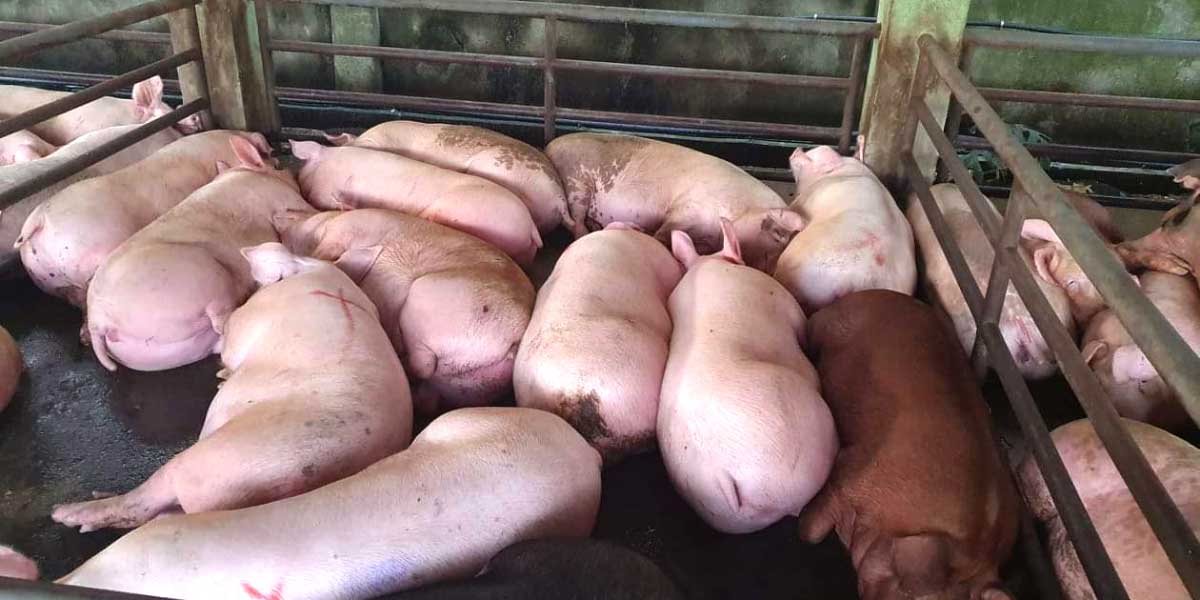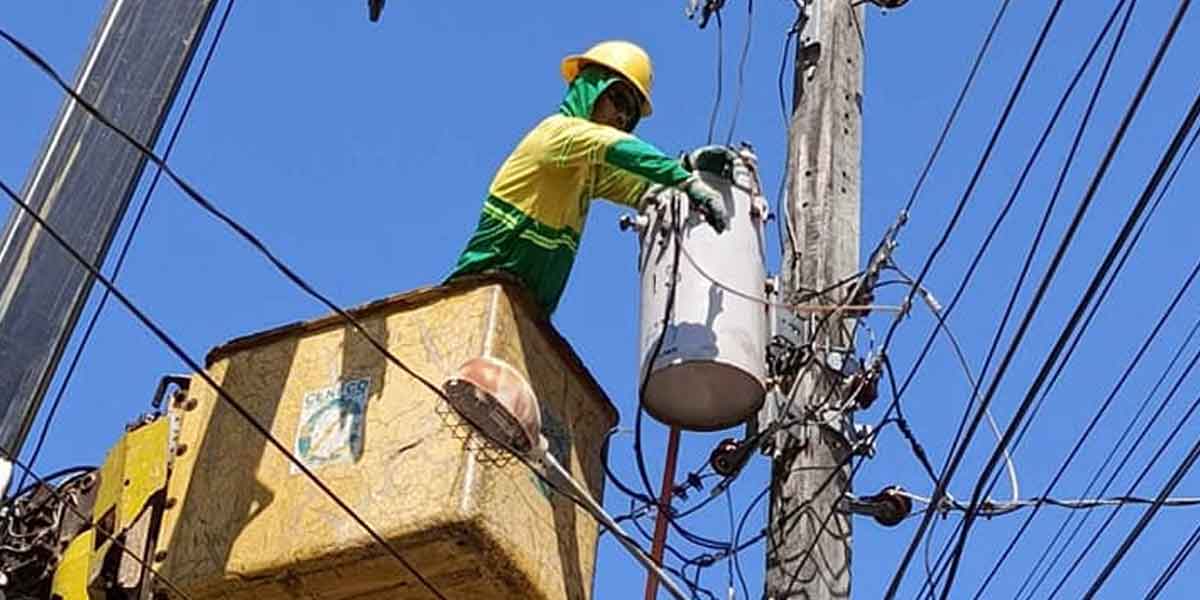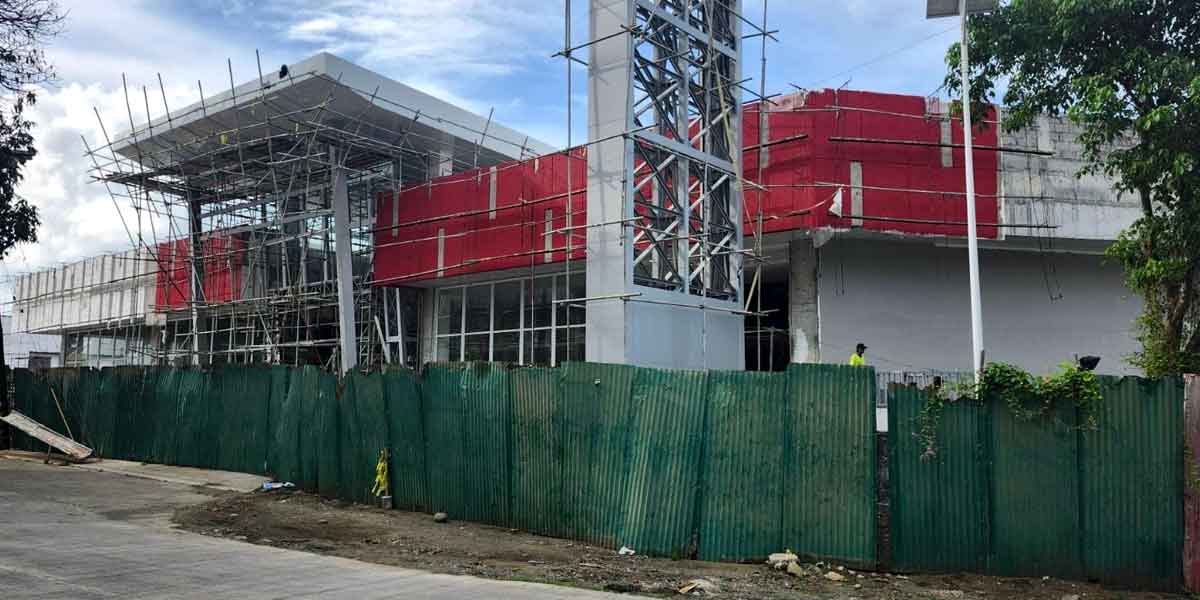
By Joseph B.A. Marzan
“FOR HUMANITY.”
This is how an Ilonggo Intensive Care Unit (ICU) nurse described his decision to join the clinical trials for a China-made coronavirus disease 2019 (COVID-19) vaccine in Abu Dhabi, United Arab Emirates (UAE).
Ramon Francisco Sonico, a resident of Sta. Barbara, Iloilo who has been working in UAE for more than five years, revealed through his Facebook account on Aug 8, 2020 that he participated in the trial for an inactivated vero cell vaccine.
The vaccine is being developed by Chinese drug company Sinopharm against the Severe Acute Respiratory Syndrome-Coronavirus 2 (SARS-CoV-2), the virus which causes COVID-19.
The vaccine had already gone through two testing phases, the first being in a laboratory in China, and the second also in China, but on a controlled sample of around one hundred people.
The trial is already in its third phase, which aims to test 15,000 people, although the registration numbers reached around 45,000.
Sonico told Daily Guardian in a Zoom interview that the UAE Government had already been testing the vaccine in their own laboratories before entering into agreement with Sinopharm.
He said that Abu Dhabi was chosen as the first location in the seven-emirate nation for vaccine trial because of the diversity of people residing there.
Simultaneous testing was also being done in Sharjah emirate, with future testing plans in Al-Ain and the other emirates being considered.
“They tried it here first in Abu Dhabi because there are different nationalities, there are Filipinos, Americans, Indians, Pakistanis, etc. They are checking if the vaccine will be effective for different nationalities, because if it does, they will pass this phase and proceed to Phase Four. If they conduct it in India, for example, where most of the people are natives, they cannot conclude that it can be effective with other nationalities. When I was in line to register, I was with Russians, Egyptians, Italians, Algerians, Bulgarians, and many others. I don’t think there were many Filipinos who tried the vaccine because I’ve seen only few Filipinos who posted about it,” he said.
He said that he tested negative for both his swab test and antibody tests, as no immunoglobulin or antibody was detected in his blood.
Immunoglobulin G (IgG) and Immunoglobulin M (IgM) are the known antibodies which fend off infections in the body.
“I was tested through blood and swab. I tested negative in my swab test and my IgG, or immunoglobulin, also showed negative results. It means that even as I was an ICU nurse handling a COVID-positive patient, I never contracted COVID-19 in my blood. There was no infection or exposure, so there was no immune response either.
Sonico described his body’s initial reaction to the vaccine as painful at first, but subsiding on the second day, and returning to normal on the third day.
“I noticed on the side where it was injected, on my right shoulder, hurts a bit, and I felt a strain and an itch on my right hand. So I asked at the injection site, they said it was a normal side effect, and asked me to monitor my progress. The next day, the feeling became tolerable and on the third day, there was no more reaction. They told me that if I experienced fever, shortness of breath, numbness of body, and lack of appetite, they gave me a number I can call to take me to the nearest government hospital.
He was given a booklet to monitor his progress for seven days, and is slated to return by Aug 29, or 21 days after the first dose of the virus, for repeat COVID-19 testing and the second dose of the vaccine.
He was told that the trial will run for three to six months and he will be monitored for up to a year.
According to Sonico, life in UAE has returned to normal, of course with necessary precautions in place such as wearing of face masks, observance of physical distancing measures, and use of rubbing alcohol or hand sanitizers.
Data from the UAE’s National Emergency Crisis and Disasters Management Authority revealed that as of Aug 9, 2020 (local time), the region has 62,525 cases, with 5,600 active cases, 56,588 recoveries, and 357 deaths.
UAE’s first COVID-19 case was reported on January 29, 2020, a day before the Philippines reported its first.
The Dubai emirates reopened to global tourism on July 7, 2020, with precautionary measures in place for both domestic and foreign tourists.
Sonico said the situation has become more manageable compared to the days when the pandemic first surged in the months of March to May.
“Right now, there are less cases of COVID-19 because most operations have gone back to normal, but with precautions like face masks, social distancing, use of alcohol. During March, April, and May, there were many cases, because even for us in the ICU, we lacked ventilators, beds, and equipment for new admissions because the protocol is that once the patient is COVID-19 positive and critical, they should be endorsed to the government hospital. For us in the private hospitals, when the government hospitals become full, we will manage them before they get transferred,” he said.
He has resigned from his previous job as an ICU nurse and is currently awaiting his new working visa in another hospital in Abu Dhabi.




















